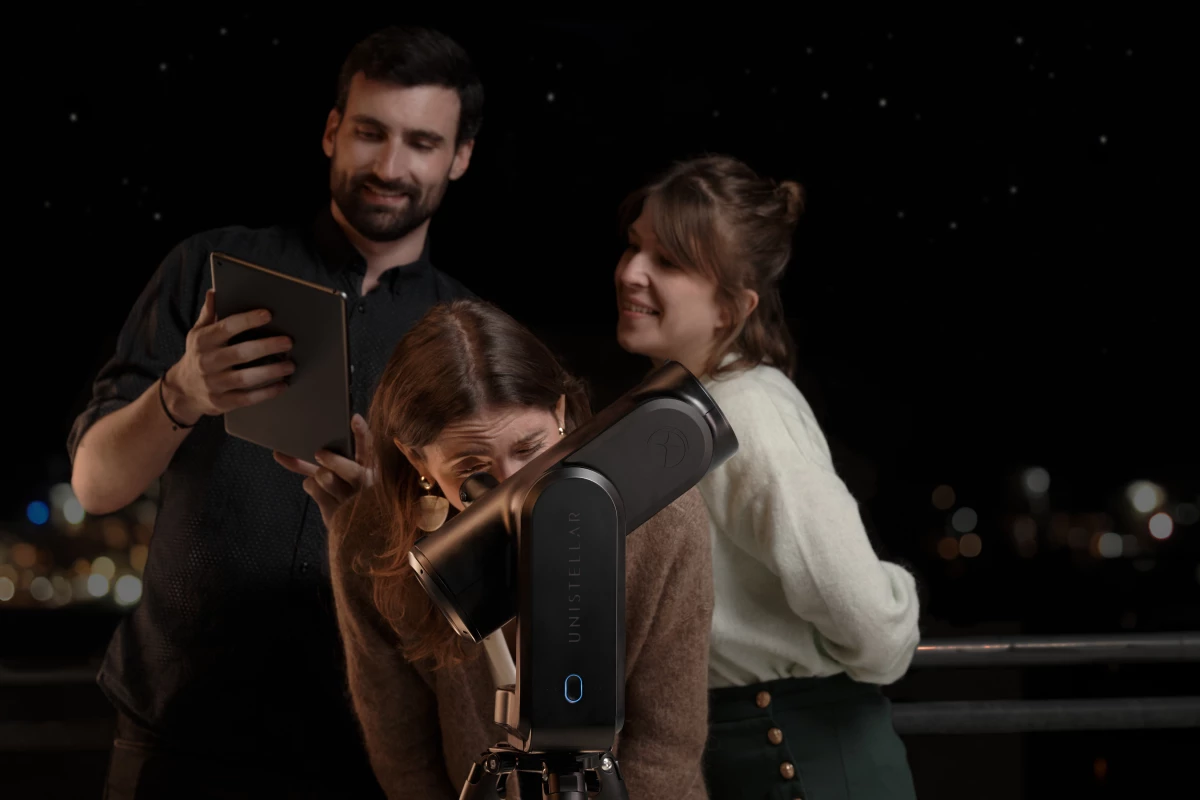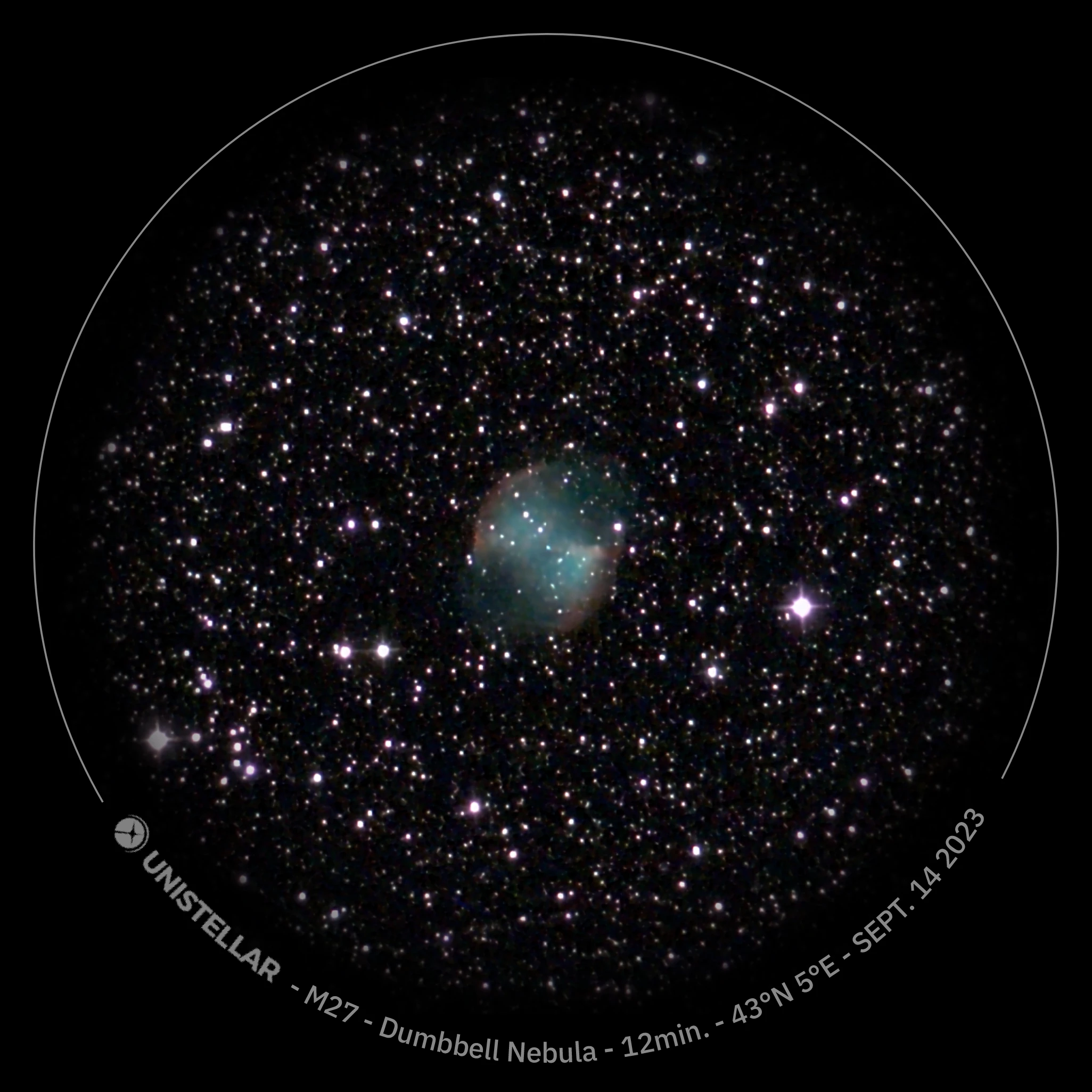French smart telescope maker Unistellar has been on a mission to make stargazing easier for amateurs for years, and has now launched its cheapest models to date. The Odyssey range packs in Nikon optics, brings autofocus, and allows for observation of nearby and distant objects.
Last year, the company improved its algorithms to remove local light pollution so that city dwellers wouldn't need to venture deep into the wilderness to enjoy a clearer view of celestial objects. And so it is with the new Odyssey telescopes.
"With the Odyssey, Unistellar is offering a new generation of smart telescopes that are capable of revealing the farthest celestial marvels and of instantly transforming your stargazing evenings into adventures across the cosmos with family or friends, even in the middle of the city," said CEO and co-founder, Laurent Marfisi. "The incredible emotion of immersion in outer space, liberated from the complexities that previously meant only experts could access it, is finally available to anyone eager to travel millions of light years."

Thanks to the inclusion of the company's Multi-Depth Technology, the Odyssey models are capable of observing planets in our solar system and distant stellar objects in the same units. For exploring Jupiter's red spot or Saturn's rings, a "fine-pixel" sensor works with a planet-specific image processing algorithm, and a number of images snapped in quick succession are combined to produce sharper, more detailed final shots.
Those wanting to look beyond our solar system and into the hearts of galaxies and nebulae can take advantage of another megapixel sensor that makes use of Deep-Sky Binning technology – where four nearby pixels are grouped to form one larger pixel for improved sensitivity.
Unistellar says that the Odyssey models are the first mirror telescopes that don't require manual adjustments, and use a smart algorithm along with a motorized sensor to power the Stellar Autofocus system. Both units in the range are build around Nikon optics, and work with the Unistellar app to automatically zero in on selected objects while also tapping into a knowledge base. But the Pro model also comes with a Nikon digital eyepiece.
Observations can be saved as digital images to 64 GB of onboard storage, there's Wi-Fi connectivity and a five-hour battery life, and each model comes with an included tripod and weighs in at 8.8 lb (~4 kg).
The Odyssey and Odyssey Pro are available now, priced at US$2,499 and $3,999 respectively. The video below has more.
Product page: Unistellar Odyssey








